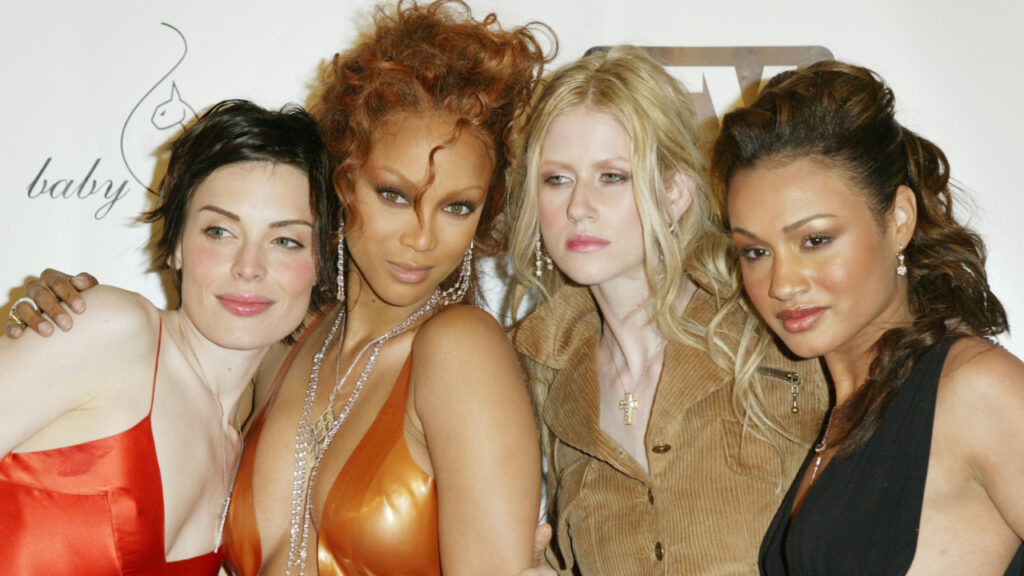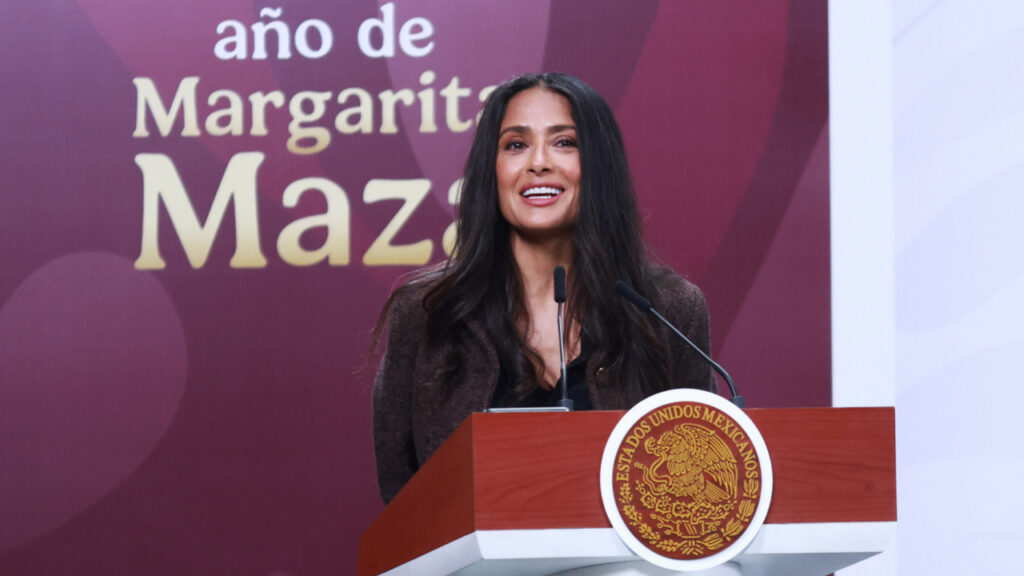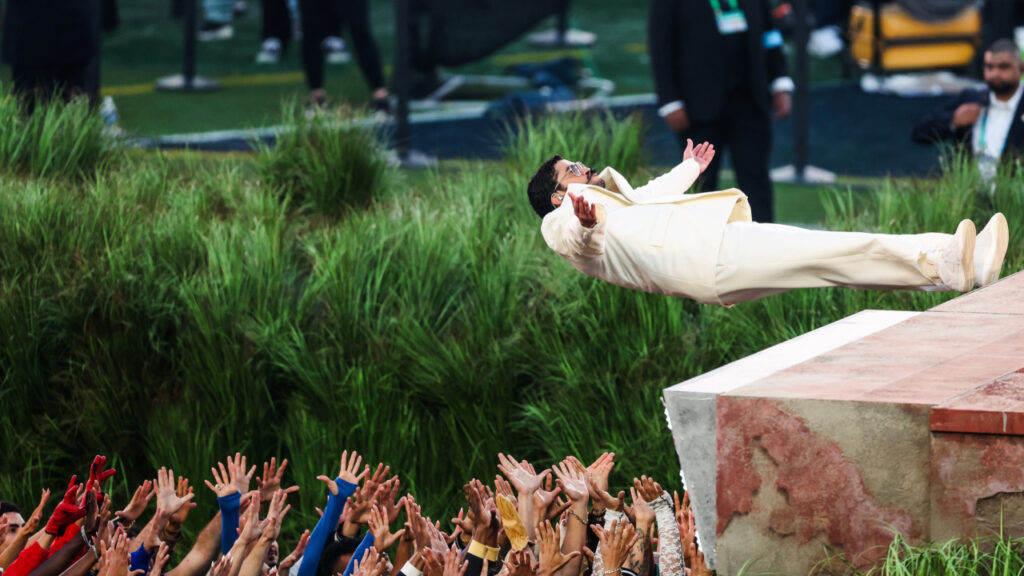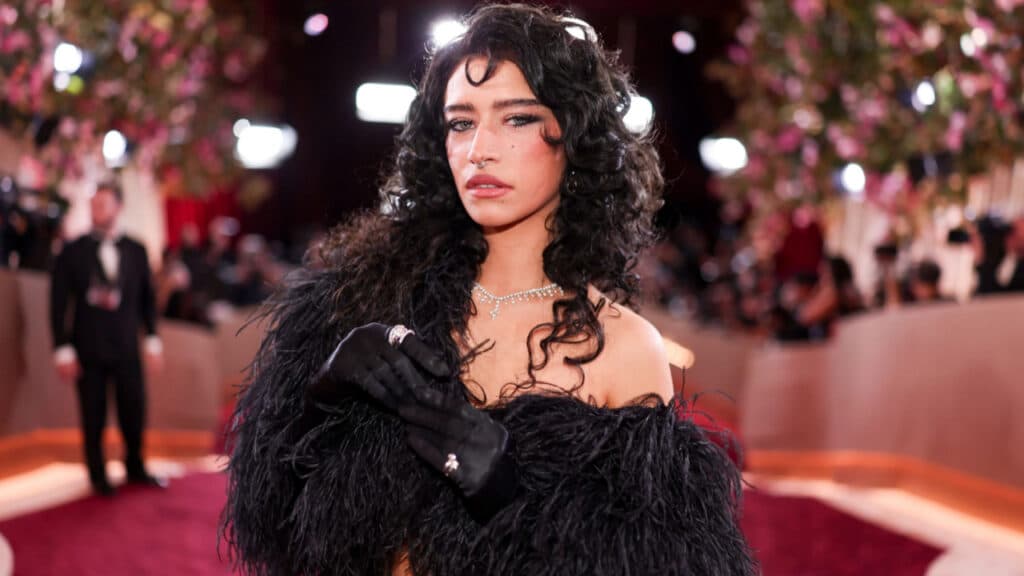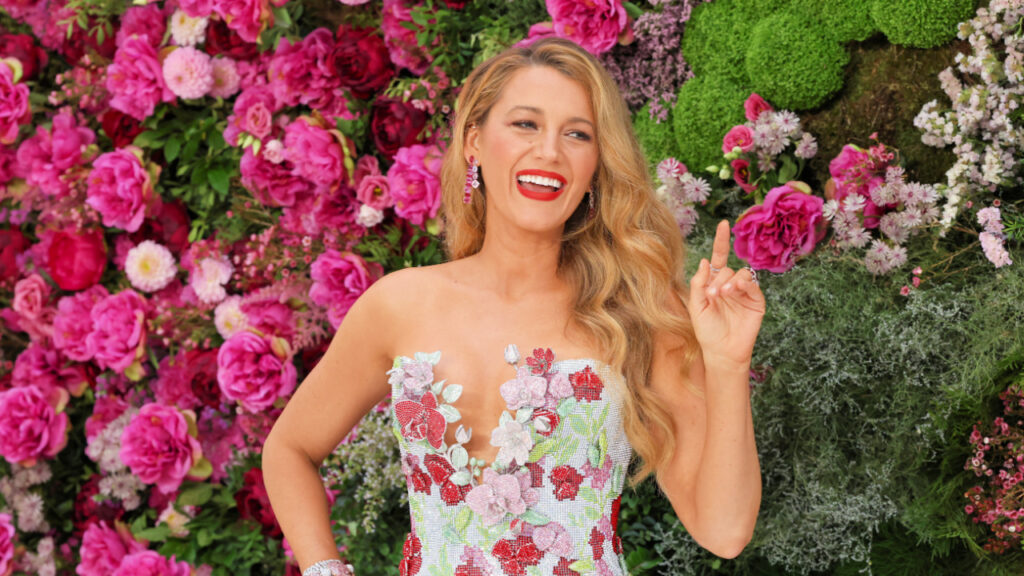
A Dangerous Spin on Domestic Violence? The Troubling Marketing of ‘It Ends with Us’
People online are wondering where you get the audacity to promote the film adaptation of Colleen Hoover’s book, “It Ends with Us,” as a rom-com. Well, we just have to ask Blake Lively.
The “Gossip Girl” alum stars alongside Justin Baldoni in the box-office hit. Like in the book, the film follows the violent relationship between Lily Bloom (Lively) and Ryle Kincaid (Baldoni).
What begins as a sweet love story quickly becomes a by-the-book domestic violence scenario.
However, most people wondered why Baldoni and Lively promoted the film separately
According to The Wrap, Baldoni optioned the film in 2019 with his production company, Wayfarer Studios. He worked with Hoover to adapt the book into a Sony motion picture; she even suggested he star in it.
Once the promotion tour began, both protagonists did separate interviews. TikTok gossip quickly pointed to troubles on set, highlighting an alleged conflict in post-production.
Sources told The Hollywood Reporter there was a “fracture” among the filmmakers. Apparently, Lively, a producer on the film, had commissioned her own film cut from editor Shane Reid, who was also the editor on her husband Ryan Reynolds’ film Deadpool & Wolverine.
But when the film hit the theaters, everyone changed their tune
People realized what Lively was promoting as a Rom-Com was actually a domestic abuse portrayal, just as Baldoni was saying during his interviews.
“Nothing has ever portrayed domestic violence in the way that I experienced it so accurately. That being said, there needs to be disclaimers before the movie and before the book,” Mik Zazon said in a TikTok video with over 300,000 likes.
“It seems there were two separate agendas. You have Justin on one end advocating for domestic violence survivors. And then on the other side, you have Blake saying go put on a floral dress, go out with your girlies, and come to the theater; it’s gonna be a great time,” she continued.
Most critics point out that Lively used the highly-anticipated film as a platform to promote her business
As The Wrap continues, Baldoni made clear from the beginning that he made this film “for survivors of domestic abuse.” He even brought on a nonprofit organization to work with his production company. He has constantly mentioned resources for survivors and defended the reasoning behind having a male director.
For her part, Lively is seen avoiding the film’s main theme during interviews. TikTok user Leah Knauer makes fun of the actress for calling the film “fun” and repeatedly promoting her new hair care line.
Although Lively immediately shared links to resources for domestic violence, critics say it’s not enough.
Others say it’s risky for people to walk into the movie blind
After making a name for herself as a writer and gaining some success with her previous books, “It Ends with Us” catapulted Colleen Hoover to literary stardom.
The semi-autobiographic novel follows the story of Lily, who experiences domestic violence at a young age. She witnessed her father’s abuse towards her mother, and, as a grown-up, she ended up in a violent relationship herself.
“I got the idea because of my mother’s and father’s relationship,” Hoover told the Associated Press. “She and he divorced when I was 2. I don’t have a lot of recollections of what they went through, but I knew that he was abusive, and I never understood how it happened because she was such a strong and independent person. And I want to know how she got into that situation. I wanted to write the book from the perspective of my mother and how she went through it. I always say I write to entertain; I don’t write to inform or to educate. But this book was a different beast.”
While the “It Ends with Us” blurb didn’t explicitly mention domestic violence, its popularity made it clear.
Readers knew precisely what the book was about. However, the audience unfamiliar with Hoover might be in for a shock in the theaters.
“It seems like a love story,” Hayat Bearat, associate visiting professor and interim director at the Domestic Violence Institute at Northeastern University, said. “It seems to make light of domestic violence and equates it to a toxic relationship. There’s a big difference, and the author really doesn’t grasp that. It’s worrisome in terms of the messaging that it may have for the younger generation. Someone that might find themselves in an abusive relationship (or) might not know they’re in an abusive relationship or might think that this is OK.”
“The problem in terms of how the narrative is being spun in … is that it’s giving the viewpoint from the abuser,” Bearat added. “There’s reasons that they give for their abusive behavior. This is really problematic, highlighting it as like they’re just snapping when they’re angry. It comes off as tone-deaf and very insensitive to frame the story as though it’s the abuser telling it and really disempowering the survivor by doing so. Survivors often don’t feel empowered to share their stories in a way that is authentic to themselves. This is kind of further proof of that.”

